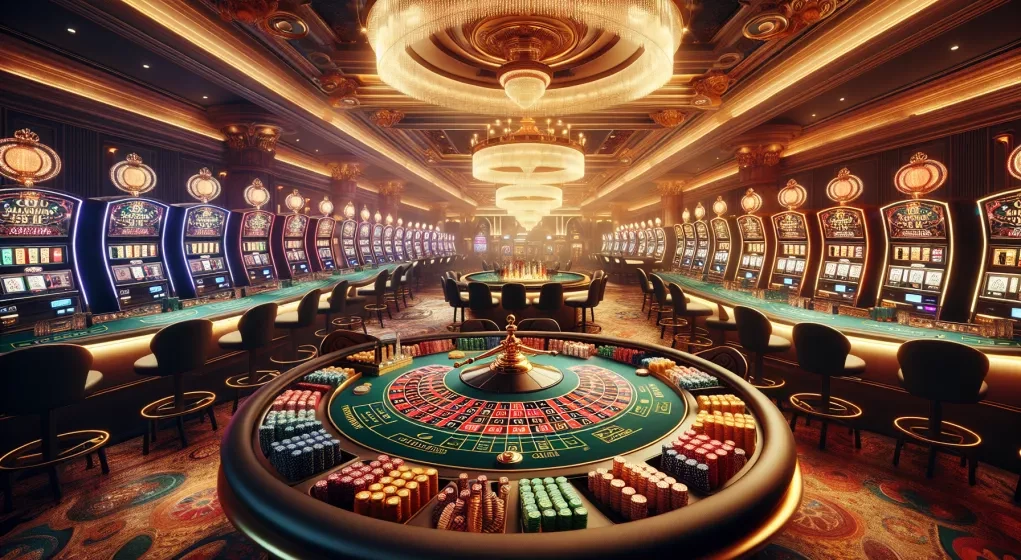In the glittering world of Macau’s casinos, where the clink of chips and the whirl of roulette wheels are hymns to fortune, a bold experiment to charm international gamblers with foreigner-only gaming zones has misfired, as recounted by the seasoned leader of MGM Resorts, President and CEO Bill Hornbuckle.
In the labyrinthine corridors of power where gambling policy is king, whispers from the halls of the Inside Asian Gaming revealed Hornbuckle’s insights. The initiative, which saw its nascence under the auspices of Macau’s government in December 2022, was heralded with much fanfare and positioned as a lynchpin in Macau’s grand strategy to woo visitors from beyond the shores of China, Hong Kong, and Taiwan.
Yet, as MGM’s captain spoke at the behemoth gathering of industry titans in Las Vegas—the JP Morgan Gaming, Lodging, Restaurant & Leisure Management Access Forum—the stark revelation was that the envisioned oasis for foreign players had turned into a mirage.
In this gambler’s paradise, steeped in two decades of established tradition, a retendering process for casino licenses beckoned as a chance to sculpt new contours in Macau’s regulatory landscape. These changes were not mere alterations, but a grand reshaping with the intent of favoring establishments that drew in throngs from the vast international tableau, enticing them with a tax incentive — a gracious abatement of up to 5% on the hefty 40% levied on gross gaming revenues.
The format was novel, using special gaming chips within these exotic zones as beacons for auditors to ascertain the financial footprints of globetrotting guests. The grand plan faltered, however, as Hornbuckle declared with candor that the allure of sequestered playrooms failed to captivate the international clientele—who were free to mingle, after all, on the primary gambling floors, where the grand dance of chance continued uninterrupted.
The inherent human aversion to isolation, to being corralled into partitioned spaces, was apparent, and Hornbuckle noted with a tinge of regret, “They didn’t like being isolated and told where to go.”
Yet amid the dimming of one proposed solution, another technology gleams with promise. MGM’s firm belief in the potency of radio-frequency identification (RFID) chip technology has set a new course for the high seas of casino operations. This sophisticated approach means that the path of every chip, and thereby every foreign player, can be clandestinely observed without the uncomfortable need for segregation.
The tactic has garnered attention; rivals Galaxy Entertainment and Melco Resorts & Entertainment are docking at the same port, announcing their intentions to pioneer RFID within their table game arenas.
Before the world was brought low by the pandemic—in the halcyon days of 2019—Macau was a magnet for tourists primarily from mainland China, Hong Kong, and Taiwan, who contributed a staggering 91% of visitors, while international guests were mere droplets in this ocean, accounting for a scant 3.58% of gaming revenues.
Driven by the edicts of the Chinese government, Macau’s casinos have been urged to stretch their arms wider, to embrace the richness that foreign tourists bring, and to erect new monuments to leisure and opulence—beyond the siren call of the casino floor. As part of their license renewals, the titans of this gaming empire pledged billions to this expansive dream.
What transpires next in this tale of opulence and the quest for global patronage will be woven into the rich tapestry of Macau’s evolving narrative, where every shuffle of the deck and toss of the dice reverberates with the anticipation of fortunes yet to be made.






